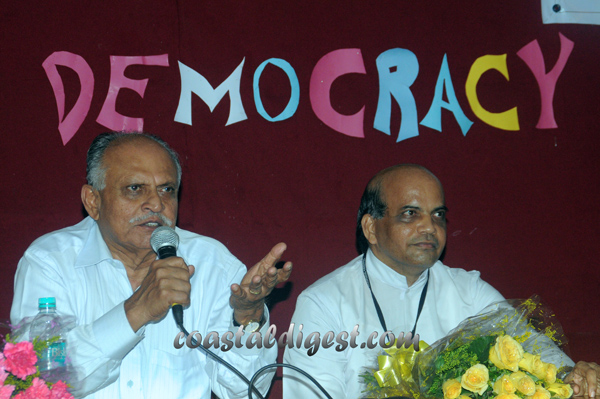
Mangalore, August 10: Through moral policing, religious groups are trying promote their ideology and cause division in the society. It has become the trend these days. Politics and religion are being interwoven and being used to divide the people just to gain votes, said Francis Colaco, Retired Director – General of Police, Karnataka.
He addressed the gathering on 'Moral Policing – A Blot on Indian Democracy', a platform for the citizens and youngsters of Mangalore to voice out their opinions relating to the recent attack on youngsters at Morning Mist home-stay. It was jointly organised by Catholic Association of South Kanara (CASK), Women's Forum and Human Rights Cell of St. Aloysius College (SAC) and All India Catholic Union Federation (AICUF) on August 10 at Eric Mathais Hall, SAC, Mangalore.
“We seem to be regressing towards a primitive and medieval kind of life. We have to be broad in our outlook. One cannot impose himself on others. As long as there is decency and decorum, others cannot object our actions. No one has the right to say that it is not a part of our culture,” said Mr. Colaco.
He said that there was nothing objectionable in the birthday party that had taken place at the home-stay. The vigilante organisations such as Vishwa Hindu Parishad and Bajrang Dal who were involved in the 2008 communal riots and those in the infamous 2009 pub attack belonged to the same group. Most of them involved in the home-stay assault were hoodlums and anti-social elements, and we need to strongly condemn such acts,” he said.
Speaking on the occasion, Fr. Swebert D'Silva, Principal of SAC, expressed his distress on the condition of youngsters in the city. The confidence level in youngsters following the attack has receded enormously.
“Where is the freedom? How could they grow? Youngsters can progress only if they are freely allowed to display their talents. If the police and government were strict enough to take the law into their hands, such a ghastly incident would not have taken place”, he said.
He criticised the way Manjula, Chairperson of State Women's' Commission, had attacked the morality of the victims and their families in her report on the incident that occurred on July 28.
“No sympathy has been shown in favour of the youngsters. There is not a single mention of the group of moral police that attacked and assaulted them. If we don't condemn such acts of violence, they'll continue to grow”, he stressed.
Fr. Swebert said that freedom was good, but it did not mean 'license'. Freedom always comes with responsibility. One should always take account of his/her actions and move forward responsibly. We should strive to live in harmony, and pledge to make our city a safe place, he said.
A discussion forum was held, where members of the audience raised questions regarding the topic. In reply to one such question, Mr. Colaco said that Manjula, Chairperson of State Women's Commission belonged to the ruling party in the state and stated that the Commission's report was “totally influenced by the party, and non-condemnatory of the offenders”.
Terming her as prejudiced and bias, he said that her sanity and impartiality needed to be questioned. “Is she trying to protect the interest of the public or is she trying to protect the interest of the party?” he voiced.
David Pais passed a resolution against the attack on youngsters and the report.
Jason Joseph, a student of SAC, voiced out his opinion on the same.
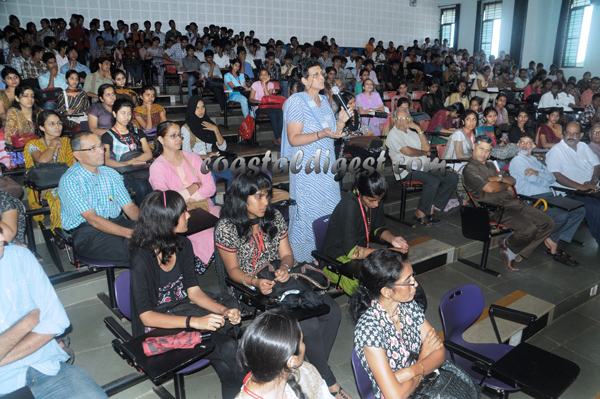
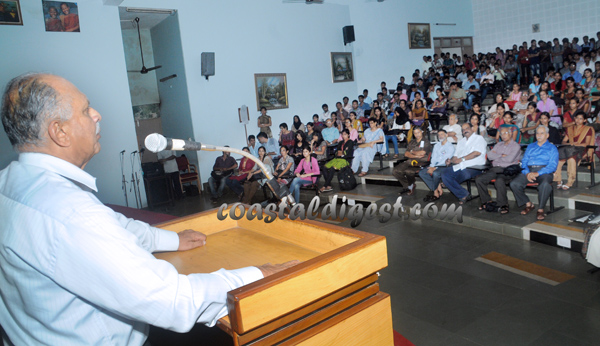
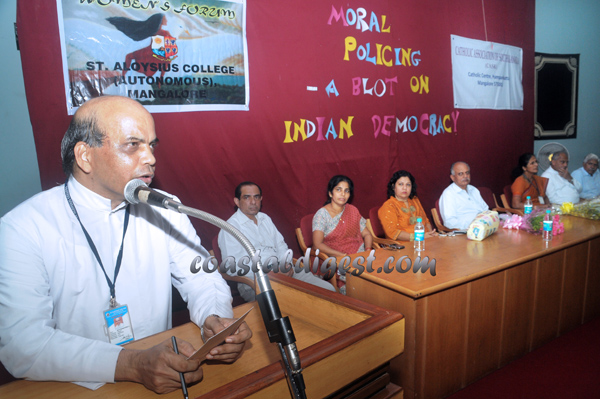
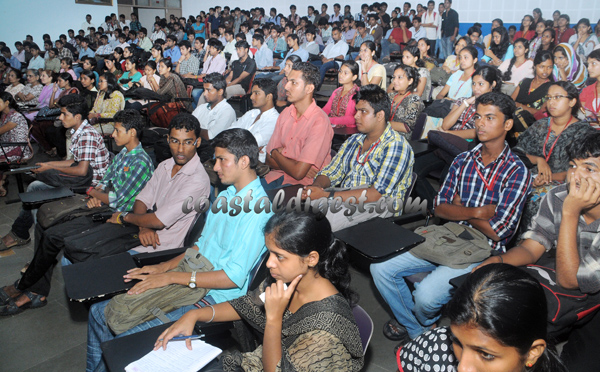
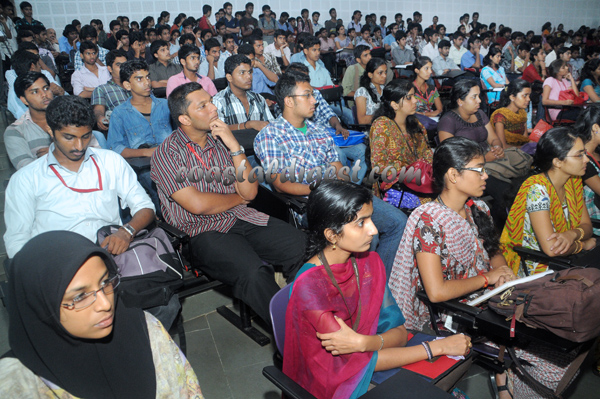
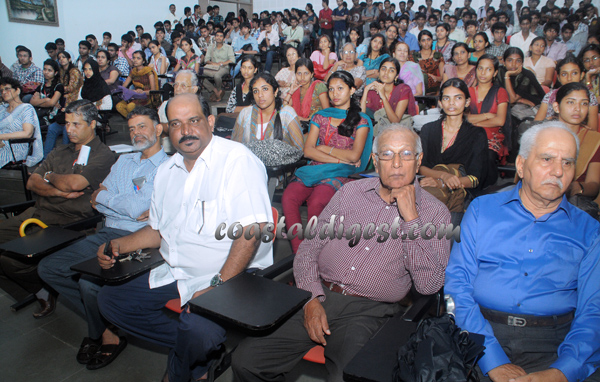
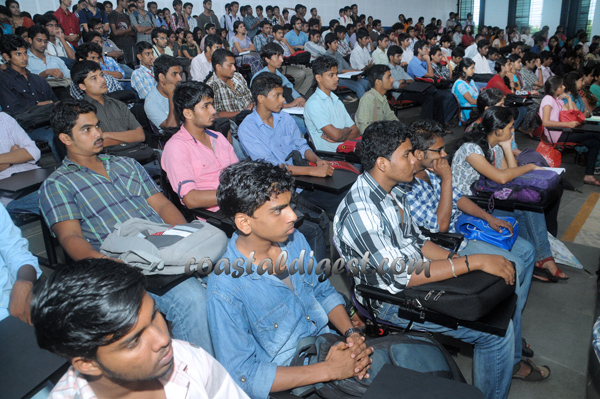






Comments
Add new comment